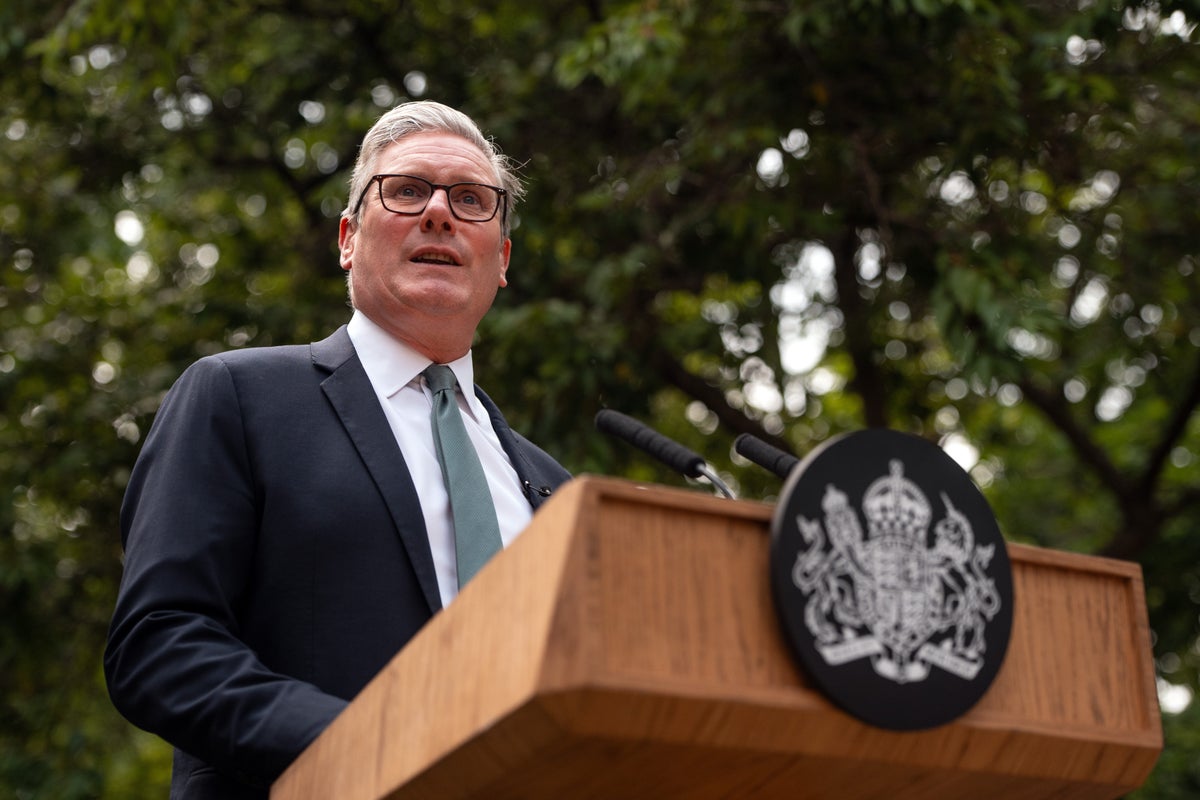
"The prime minister can barely say he won the battle, and may have lit the touchpaper on a wider war for the future of the Labour Party. The unedifying spectacle of a leader with a huge majority after just a year in Downing Street chopping and changing one of his flagship bills to buy off backbench rebels has badly damaged his authority."
"A bill that was once set to save the taxpayer 5bn will now end up costing 100m by the end of the decade, leaving Chancellor Rachel Reeves with a gaping hole to fill ahead of the Budget this autumn."
"The passage of the bill through its second reading was not a triumph. Sir Keir Starmer gave in to backbench MPs, leading to significant financial implications."
"Paul Johnson stated that the initial attempt to save 5bn had been first cut in half, then watered down further to the point it will now save nothing."
Sir Keir Starmer's welfare reforms passed through the Commons amid criticism, reflecting a weakened authority for a leader with a large majority. The changes made to the reforms, initially aimed at saving £5 billion, resulted in a projected cost of £100 million. This compromises Chancellor Rachel Reeves' budgetary plans. The influential IFS director remarked that the reform's second reading was deemed a failure, as the modifications indicated a capitulation to backbench MPs that resulted in no expected savings.
Read at www.independent.co.uk
Unable to calculate read time
Collection
[
|
...
]